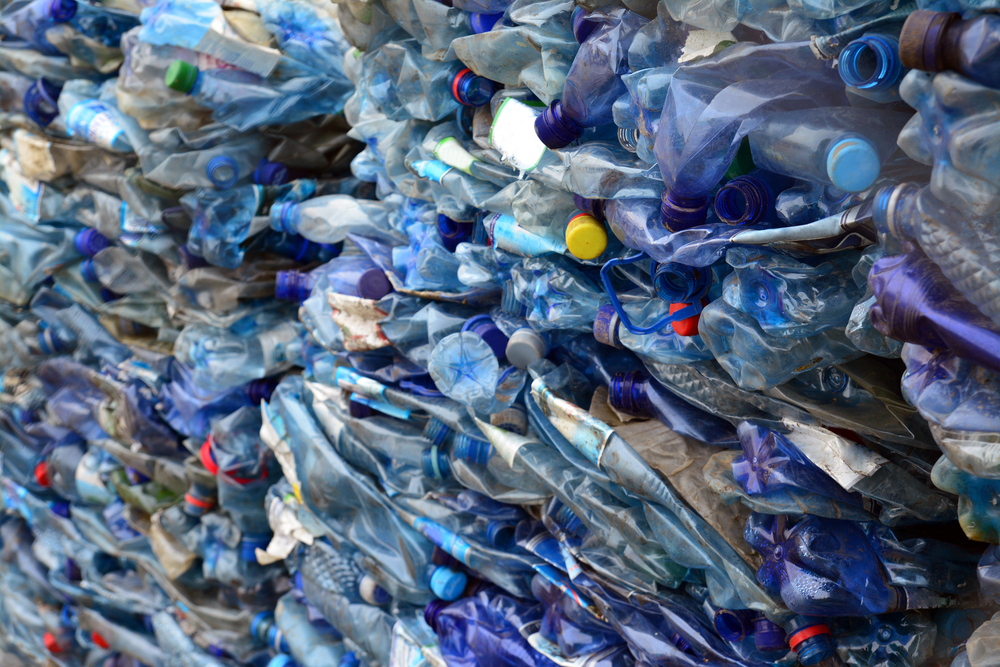We like to feel good about ourselves every time we rinse a plastic bottle and toss it into the recycling bin. As far as we know, all those plastics we send the recyclers are converted into new plastics. Yet all may not be as wonderful as it seems. Unfortunately, not all plastic recycling is economically viable.
For the purposes of this post, it is important to draw a distinction between commercial recycling and recycling mixed products from residential neighborhoods. Commercial recycling, especially plastic recycling, can be extremely profitable when carried out under controlled circumstances. The problem with residential recycling is that it is so difficult to control.
Controlled Commercial Recycling
Let’s say you own a logistics company that specializes in freight services for wholesale distribution. You have numerous warehouses hosting stacks of plastic pallets you have no use for. You can contact Seraphim Plastics in Michigan and see what they say. In all likelihood, they will buy your pallets.
It is easy for Seraphim to handle the pallets because no sorting is involved. There is also very little risk of contamination. The pallets can go right to reduction and pelletizing. Seraphim can turn around and sell the resulting pellets to other companies transforming them into new products.
This sort of thing is economically viable. Indeed, commercial recyclers do very well. The same is not true for municipal recycling programs. More and more, municipalities are sending plastics straight to landfills because they cost too much to recycle.
Labor Costs and Contamination
There are two things that make residential recycling inviable. The first is labor cost. Sorting requires human beings standing on a conveyor line picking out paper, plastic, glass, and wood. The more waste the facility handles, the more employees it needs for sorting. And as you may know, labor is the biggest expense for any organization.
Unfortunately, a bigger problem is contamination. Contaminated products cannot be recycled. If they are not removed from the waste stream, they can contaminate an entire load of recyclables, forcing it to be disposed of.
Think of your own situation. Do you take the time to thoroughly clean all plastic and glass containers before you recycle? If not, you might be contaminating the stream every time you recycling bin is emptied. You might also be contaminating the flow if you are putting unapproved items in your recycling bin.
According to Plastics Today, municipalities are being forced to send their plastics to landfills because recycling is a money-losing proposition. Some are increasing what they charge trash haulers to leave recycle materials at sorting centers. And of course, trash haulers are passing the higher costs on to customers.
China’s Door Is Closed
The final nail in the coffin of residential recycling might prove to be a move made by China in 2019. In the middle of that year, China declared they would no longer be accepting 24 different types of waste previously being imported from around the world. Much of it is plastic waste.
China’s decision was allegedly tied to contaminated materials. In short, it was costing too much money to deal with contaminated recyclate arriving from Europe, North America, and elsewhere. So they just stopped accepting it. Around the world, prices for everything from paper to plastic waste fell through the floor.
In the end, it doesn’t look like residential recycling is still viable. Until prices rise to a point at which companies can actually make money, there is no incentive to recycle. The good news is that commercial recycling is still alive and well. At least commercial recyclers can keep tons of plastic, paper, and other materials out of landfills.

